Innovating the Term ‘Inventor’: AI and Patent Law
IPilogue
SEPTEMBER 3, 2021
Recently, AI technology once again exceeded the legal community’s expectations by filing a patent for its invention of interlocking food containers. Under patent law, it is the general expectation that inventors are humans, not robots. Patent Law in Canada. 2002 SCC 77 (“Apotex”). Potential Benefits.

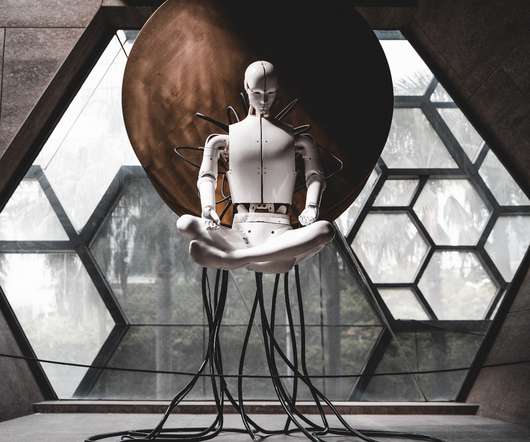
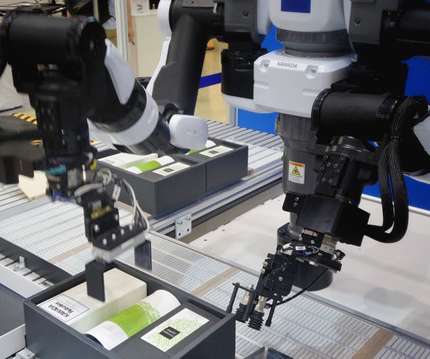
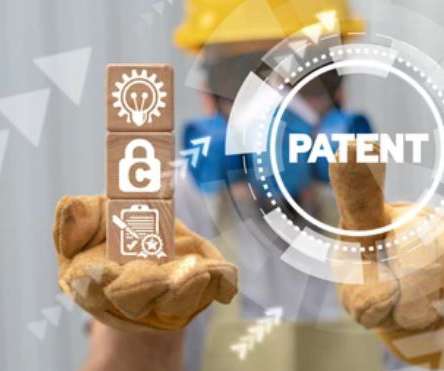

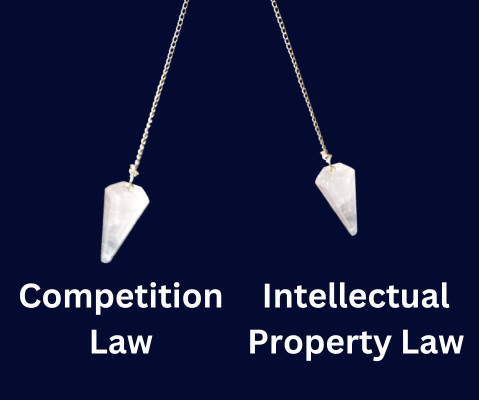


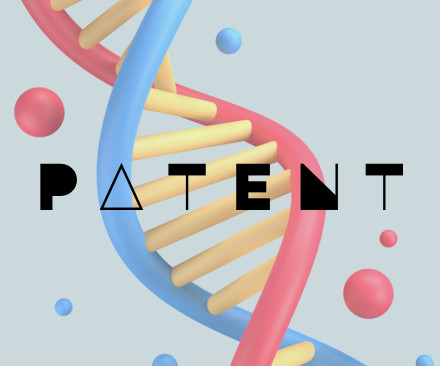










Let's personalize your content